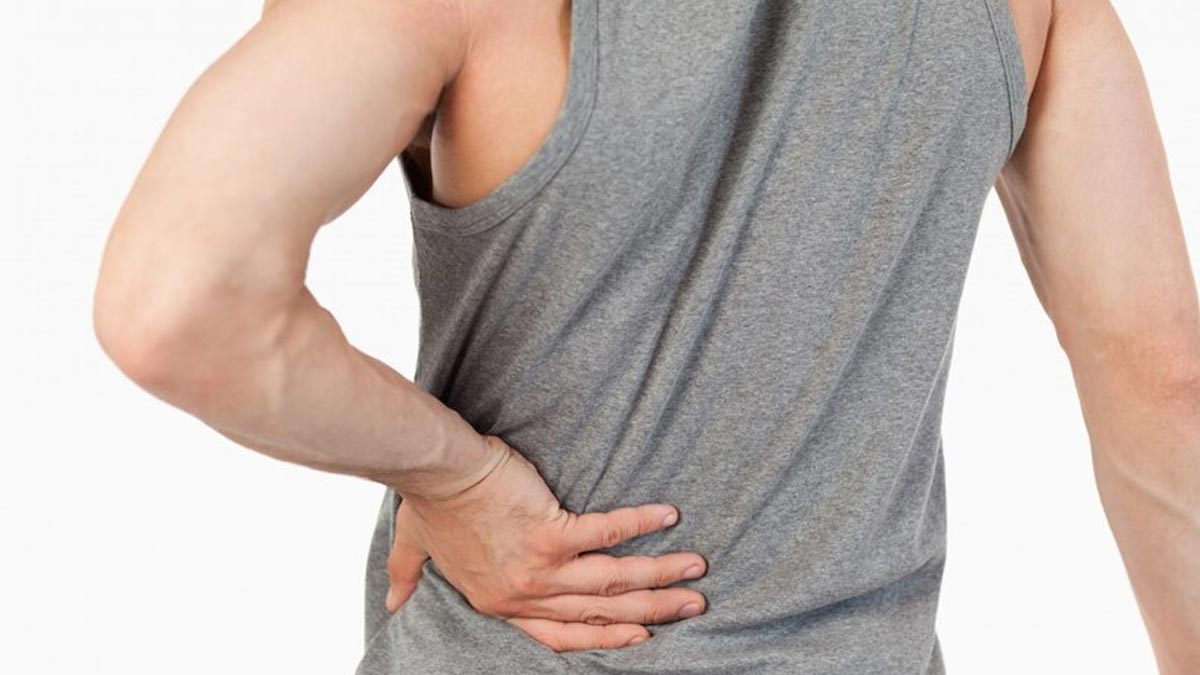
Kidney stones are hard deposits made of minerals and salts that form inside your kidneys. They develop when urine becomes concentrated, allowing these minerals to crystallise and stick together. The stones can vary in size, ranging from a grain of sand to as large as a golf ball.
Table of Content:-
Signs of kidney stones can include severe pain in the side and back, pain during urination, cloudy or foul-smelling urine, and nausea or vomiting. Treatment options vary based on the size and type of stone but may include drinking plenty of water, medications, and in some cases, surgical procedures.
According to the WebMD, a kidney stone is a hard mass of minerals and salts that forms in the kidneys. Certain foods and drinks contain chemicals that can lead to these sometimes painful crystals.

Hence, it is important to keep a check on what to eat and what not to if you are diagnosed with kidney stones or you’ve had kidney stone history. To understand what foods to eat and avoid if you are prone to kidney stones, OnlyMyHealth spoke to Saima Shaikh, Clinical Dietitian & Ketogenic diet expert, Consulting Nutritionist, MITR Hospital, and Apple Clinic, Kharghar, Navi Mumbai.
The most common types of kidney stones are calcium oxalate and uric acid stones.
Calcium Oxalate Stones
Below are the types of food Saima advises avoid if you are diagnosed with calcium oxalate stones.
1. Avoid foods high in oxalate

Saima recommended restricting consumption of foods that have high levels of oxalate including amaranth leaves, lettuce, almonds, drumstick, peanuts, soybean, spinach, beets, chocolate, tea, and sweet potatoes.
Also read: Are You Prone To Kidney Stones? Here's Why You Should Avoid Foods With High Oxalate
2. Avoid high salt intake
A high-sodium diet can trigger kidney stones because it increases the amount of calcium in urine. So, a low-sodium diet is recommended for the stone-prone. Saimda said, “Current guidelines suggest limiting total daily sodium intake to 2,300 mg. Foods that are high in sodium are processed meats like sausages, and pepperoni, sauces, dressings, packed chutneys, ready-to-eat foods like noodles, and flavoured nuts. A low-salt diet is also important for controlling blood pressure.”
3. Avoid high doses of vitamin C supplements
Excess amounts of Vitamin C 1000mg/day or more may produce more oxalate stones in the kidneys because the body can convert excess vitamin C into oxalate.
Uric Acid Stones

According to Saima, uric acid is a waste product that is formed during the breakdown of purine. Purine is found in foods such as red meats, organ meats, seafood, and alcohol. “Purines get broken down into uric acid and this uric acid ends up in the kidneys for elimination from the body,” she said.
Increased intake of purine-rich foods leads to increased formation of uric acid. Excess of uric acid in the urine leads to acidic urine making it easier for the formation of uric acid kidney stones.
Also read: High Level Of Uric Acid: Know What Food Help To Regulate It
Dietary Recommendations For People With Uric Acid Stones
Recommending what to eat and what not to eat, Saima has put down dietary suggestions for people with uric acid stones.

- Stay hydrated every day to ensure that your urine is diluted
- To meet the daily protein requirement avoid high-purine foods like red meat, organ meats, beer/alcoholic beverages, meat-based gravies, sardines, anchovies, and shellfish. Instead, opt for plant-based protein sources.
- Increase the intake of fresh fruits and vegetables in your diet.
- Avoid alcoholic beverages.
- Limit sugar-sweetened foods and drinks, especially those that have high fructose corn syrup.
- Drink fruit juices that are high in citrate (lemons, limes, oranges) since citrate can tackle uric acid effectively
Conclusion
Apart from checking on your diet, it is of equal importance to stay hydrated. Saima said, ““A preventive measure to avoid the build-up of any stone, calcium, or uric acid, is to stay well hydrated. As it increases the frequency of passing urine, thereby increasing the elimination.”
(Disclaimer: This article is for informational purposes only. If you have kidney stones or you’re prone to them, it is advisable to consult your healthcare provider regarding your diet and other management.)
Also watch this video
How we keep this article up to date:
We work with experts and keep a close eye on the latest in health and wellness. Whenever there is a new research or helpful information, we update our articles with accurate and useful advice.
Current Version